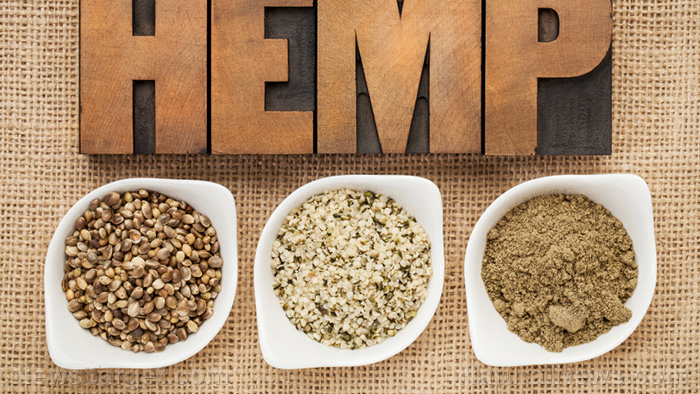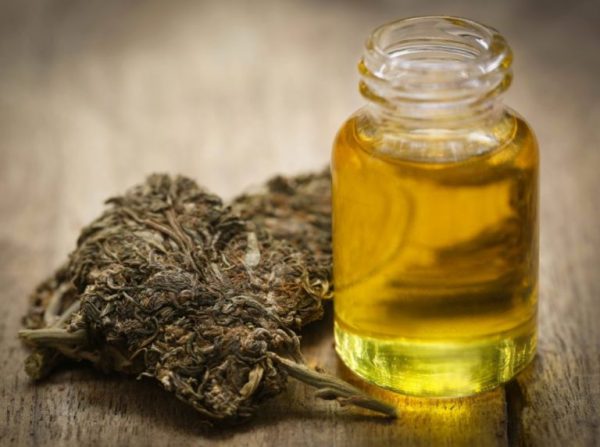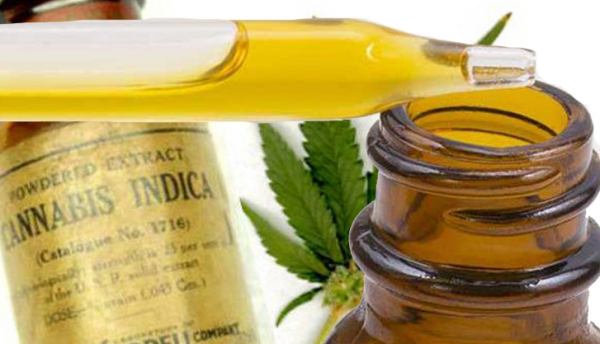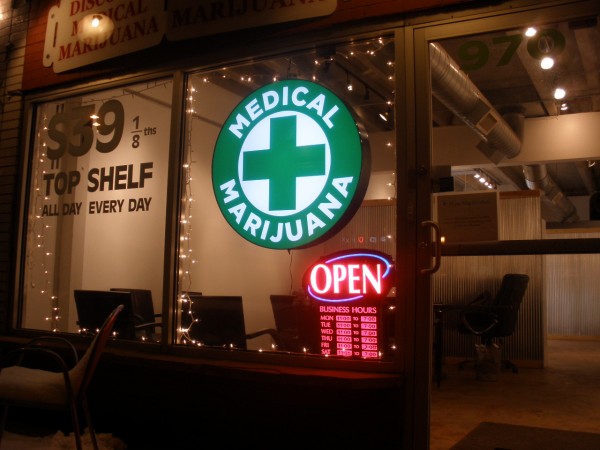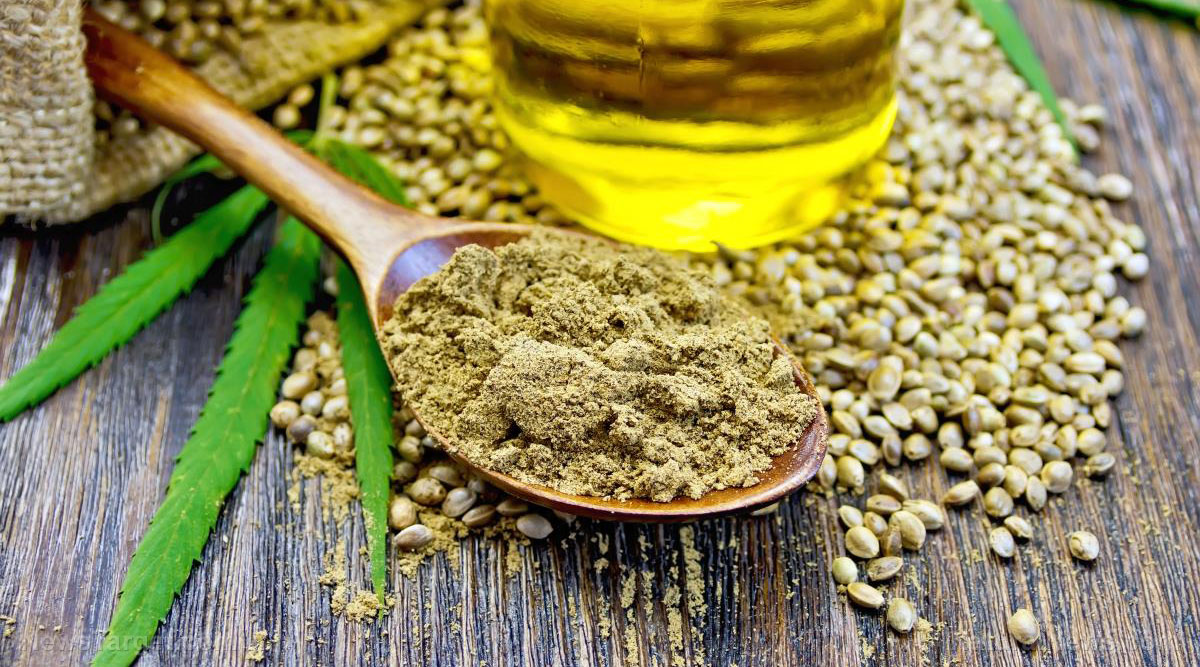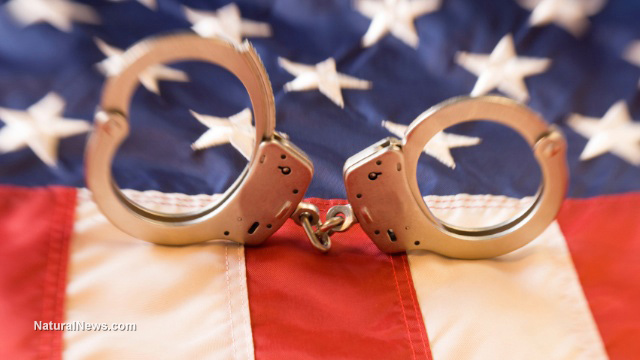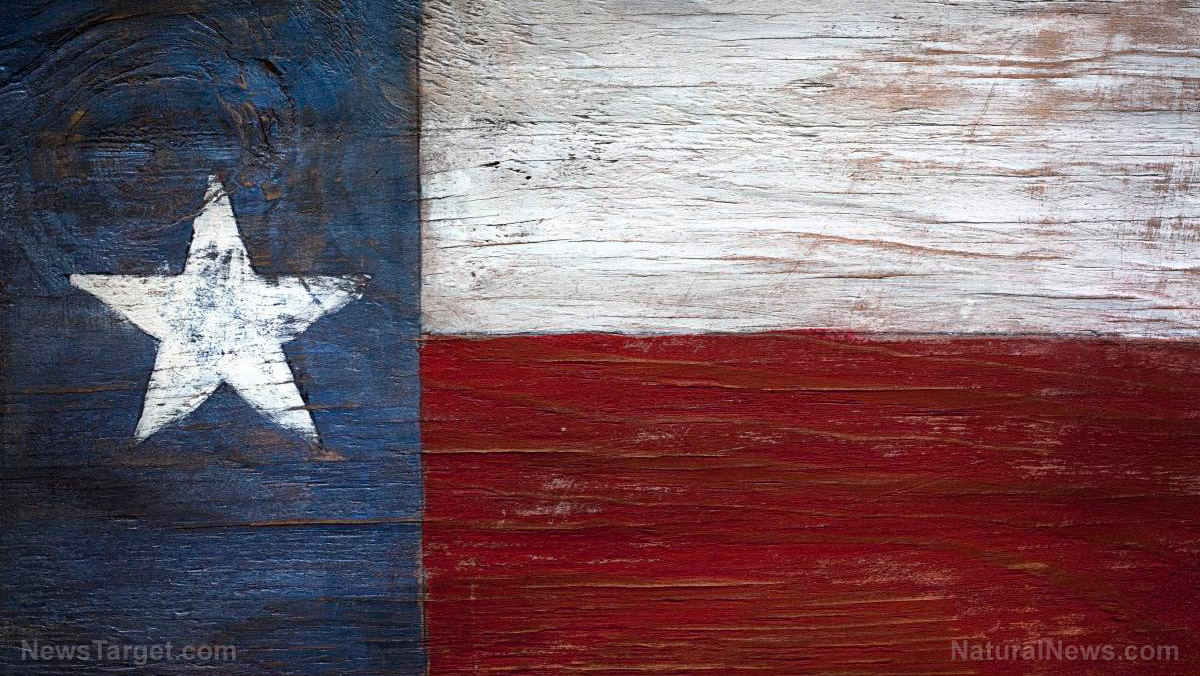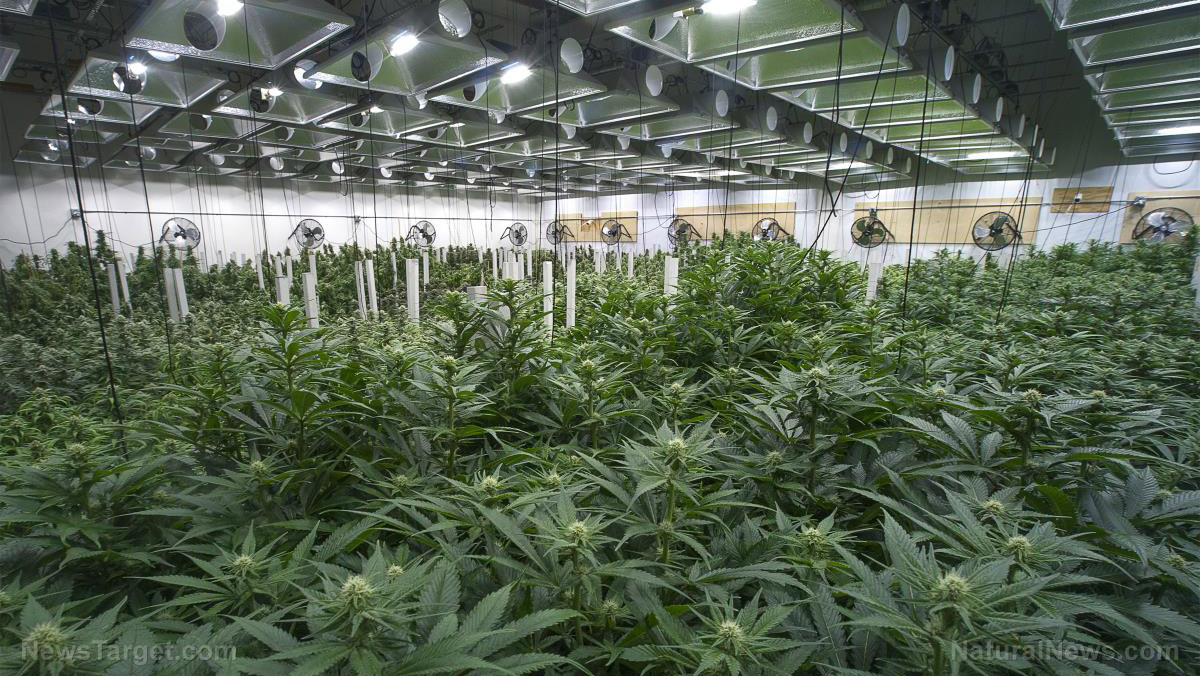First Virginia Hemp Crop Harvested in Decades
11/23/2016 / By hempscience
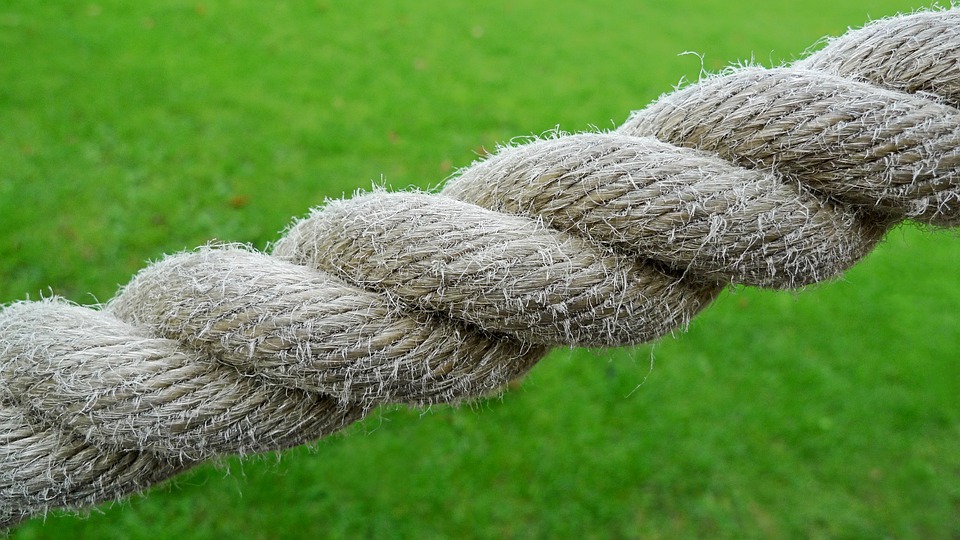
After a 70-year-long ban against the resourceful hemp plant, Virginia’s first hemp harvest is now a reality.
Article by Allie Becket
Hemp has a long, entwined history in Virginia; “People think it was tobacco that started this colony, but it was also hemp,” Jason Amatucci, founder and executive director of the Virginia Industrial Hemp Coalition explained to the Richmond Times.
Republican Delegate Joseph R. Yost, a sponsor of Virginia’s hemp research bill, often tells people that during the Colonial era, Virginia farmers were required to grow hemp, some of which supplied fiber for the British Royal Navy’s ropes. Given hemp’s history in the state, he said, “It’s funny that we had to pass legalization just to do research.”
Nevertheless, in 2014 Congress passed the farm bill which allowed the Virginia Department of Agriculture to license farmers to grow industrial hemp for research purposes. After this federal gateway opened, Virginia, along with 30 other states, began establishing hemp research programs.
“It seemed far-fetched to me,” Yost admitted, “But the more research and study you do about it, the more you see the possibilities.” Yost is now a proponent for the economic-boosting potential of industrial hemp, specifically in states hurt by the loss of jobs in the dying tobacco industry.
Shortly following the legalization of industrial hemp in 2015, 2nd generation farmer Glen Rhodes made history as one of Virginia’s first industrial hemp farmers in decades. He intermixed a 10-acre plot of industrial hemp within his corn field for the researchers at James Madison University. While Rodes was truly interested in creating biofuel out of the hemp to run his farm equipment, the University was more interested in determining whether conventional farm equipment could be used to plant and harvest hemp. Various hemp plots were also planted around the state to test the plant’s reaction to different types of soil.
At the beginning of the year, the Virginia Departments of Agriculture and Consumer Services imported 16 varieties of hemp seed. Their goal was to find the best cultivar for the Virginia climate and soil. The department issued 29 licensed across the state, and a total of 37 acres of industrial hemp were planted across six counties.
Michael Renfroe, the biology professor at James Madison University who oversaw the hemp research program, believes that the “preliminary results of the research are promising.”
Professor Renfroe is confident in the first year’s research; “I think we will be able to find some very useful cultivar for both fiber and oil production.” He added that this new commodity could boost small farmers and the state as a whole, “I think this is a crop that has a high potential for growth in Virginia.”
While this is a huge first step for industrial hemp, it remains a controversial crop grown under tight scrutiny. Hemp must be discreetly grown away from public view, hence Rodes’ hidden hemp plot in his corn field. The 29 licensed hemp farmers, and even the university students who worked on the hemp research project, each had to pass criminal background checks to participate in the research.
As more infrastructure gets set up in the United States for fiber and biofuel production, industrial hemp will become a valuable and normalized commodity. While these steps are small, they are the foundation for a massive nationwide change.
Read more at: marijuana.com
Tagged Under: agriculture, harvest, hemp




